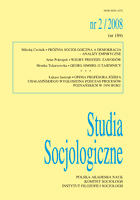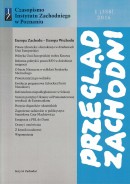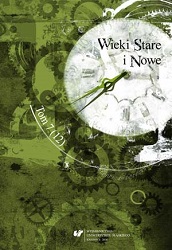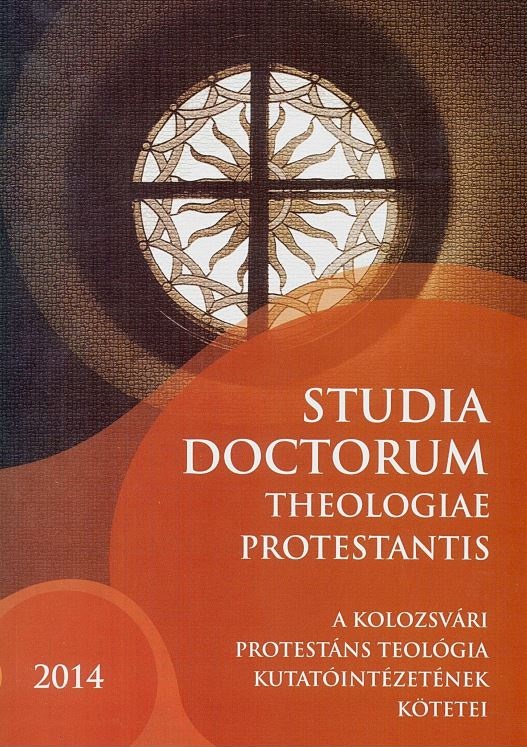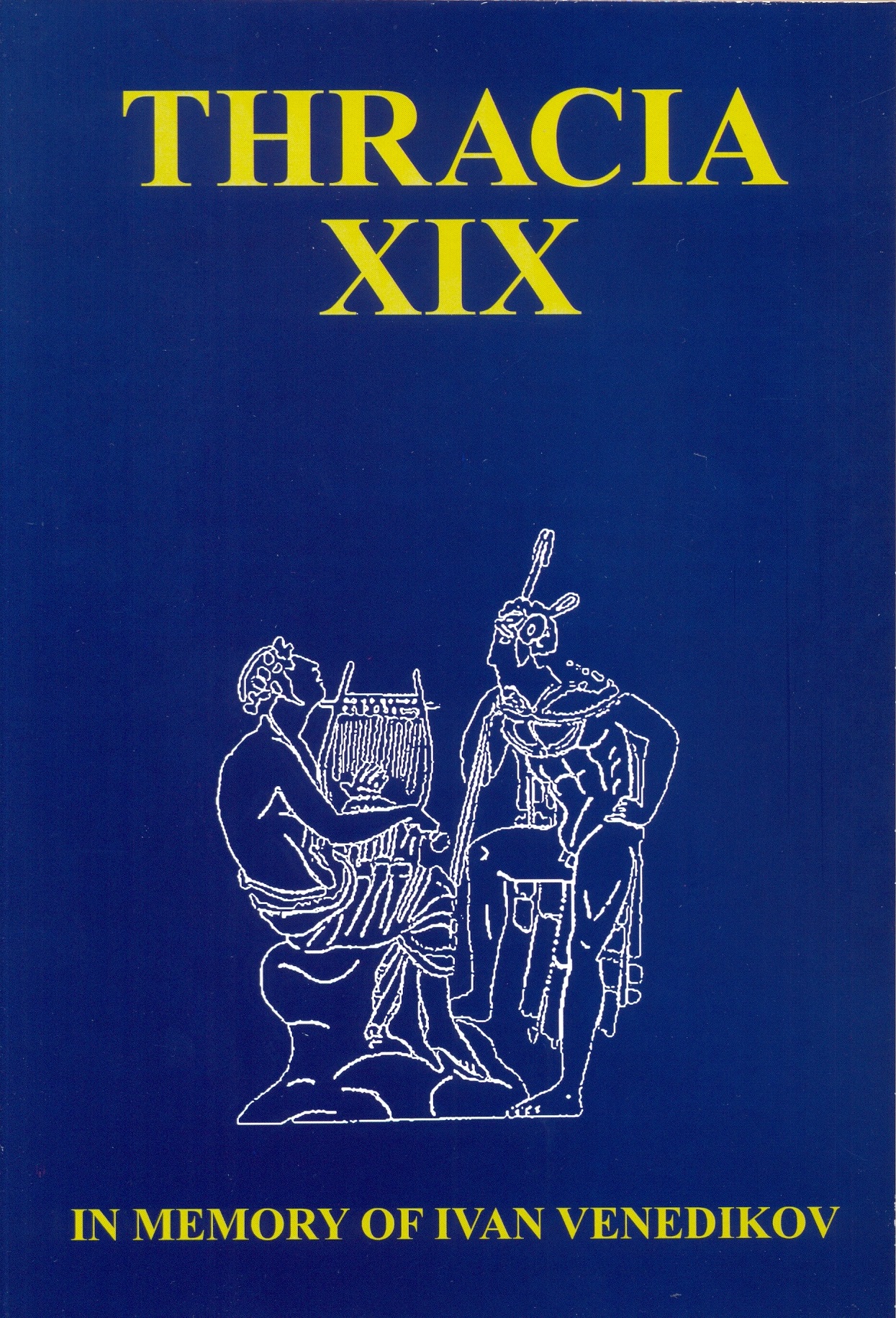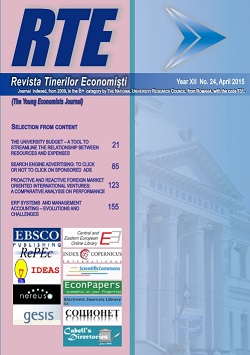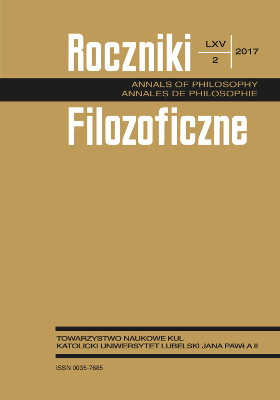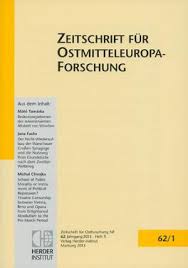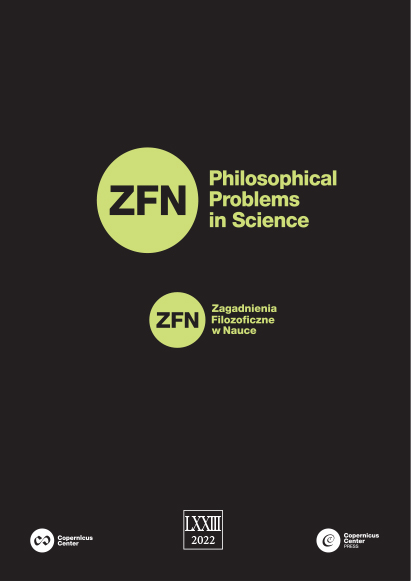Miks kuulata muusikat ja vaikust?
Author(s): Airi Liimets,Marit Koit / Language(s): Estonian
/ Issue: 72/2018
Keywords: becoming-one’s self; identity; listening to music; loud music; school youth; silence and being silent; speaking loudly
The present article falls into two major parts. The title of the first part, “Listening to music as the creator of youth identity”, gives a partial answer to the question “Why listen to music?” One listens in order to create one’s identity. The empirical evidence presented in the first part, which explores the preferences of school youth in Estonia in relation to whether they listen to overly loud music and to music of various styles and whether they tolerate silence, refers to different ways of creating one’s identity, as well as to the mental health of our society.
It appeared from our empirical research that listening to music features as number one in the lineup of daily activities of the school youth: it is valid both when they assess the time they dedicate to activities and when they are ranking their areas of interest. Many teenagers like to listen to music with volume turned up, and this has medical consequences. The physical consequence is that their hearing suffers damage. The mental consequence is that their relationship with one another and with the world suffers damage, which manifests itself in alienation, consumerism, and fusing in entertainment. All this is accompanied by fear of silence, which can be explained as a consequence of temporalizing or creating selfhood not from one’s own potentiality (Zeitigung). We can also say that fear of silence expresses the fear of one’s own vacuity and illusiveness.
Teenagers claim that their “self” is either totally or partly formed by their musical preferences. As it appeared from the research, classical music encourages being silent and alert to silence and this is also valid for jazz and traditional music. Pop and dance music are not related to creating one’s own “self”, nor to being alert to it – these music styles allow only illusory feeling of affinity with oneself and with the world. While listening to rock music, one’s connectedness to oneself and to the world is ambivalent, comprising some features from both configurations named above.
Talking about people who prefer pop and dance music, we can observe paradoxical connections between the person, the music they listen to, and the world around them. The more they seem to relate to the world by the omnipresence of the music and by listening to it, the less it actually is the case, because pop music that has been alienated from individuality as such is not capable of reaching the body of the one who listens to / hears it. It will not become a constituent of their personal space, even though they are convinced that the respective style of music is their true self. The listener of pop music does listen to it, but obviously does not hear it, because this style of music tends to overpower the type of person who lacks both the perception and the knowledge that they exist in this world. These three significant components in the process of listening to music – the listener, music, and the surrounding environment – are linked by illusory meanings and connections through pop and dance music.
The answer to the question how this paradoxicality can altogether occur is found in the second part of this article and is first and foremost based on Martin Heidegger’s lingual-philosophical thinking. The paradoxicality of the development of human identity with music as intermediary is explainable with the paradoxicality of being-in-the-world. A person’s being-in-the-world is coincidently being-one’s-self (Selbstsein) and being-with (Mitsein). A person’s being is taking root and is accomplished within his language and via his language, and this is what elicits the lingual tuning of the world and the perception of the human being. Whether it is the aspiration for substance or the fear for it expressed in our lingual being depends on our own choice – whether we prefer silence or idle talk; whether we wear the fake dress of idle talk or transform the whole world into homeland, using the language filled with silences. Just like any other language, music with its embedded silences can support a person who is alert to silence on their journey into themselves. In case music as language is spoken too loudly, it can divert the person on their journey to themselves and they can get trapped in a network of unreal meanings void of content, which is rather difficult to escape from.
Hence language as such unconditionally links the phenomena of loud talk, listening to overly loud music, being silent, silence, human being, and becoming-one’s self or journey towards oneself. The second part of this article reveals the content of the connections between the abovementioned phenomena and scrutinizes in a more detailed way the Dasein-language (die Sprache des Daseins) and Heidegger’s language of becoming-one’s self (die Sprache des Er-eignisses). Why listen to silence? As it transpired from the research, tolerance of silence and love for silence, as well as the urge to listen to overly loud music can be explained with the particularity of the process of a person’s becoming-one’s self or the journey towards oneself, one’s relation to language as such and one’s capacity to be receptive to the world and alert to the talk of silence. The capacity to listen to silence and understand the talk of silence teaches one to transcend one’s boundaries, to be one’s self so that one can comprehend being, and to reach the understanding of being as such.
While Heidegger claimed that a human being is a way, we claim that a human being as such is a combination of many intertwined ways which are endlessly gyrating in their togetherness. It apparently depends on several factors of being-in-temporal-existence which of these ways will be dominating at any moment of a person’s life. This metaphor is also valid when analysing the school youth’s mode of listening to music as a phenomenon. People are not inclined to listen to just one style of music – even during one certain period of life they listen to various styles of music. Which of these styles will be affecting the person most relies apparently on how they position themselves in the wholeness of being as such – the liminal value of which is infinity. Openness and ampleness or narrowness and closeness of a human being’s identity also depend on the latter.
More...
